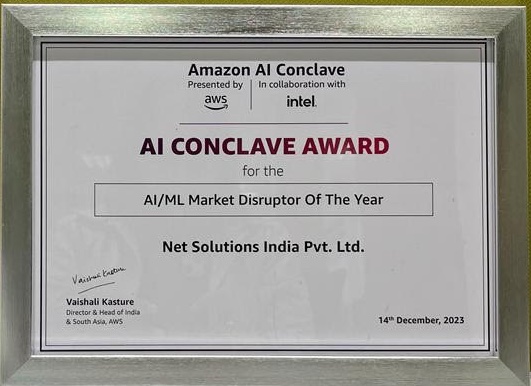We have democratized and normalized bribery in India.
In India, bribery has become ubiquitous, crossing regions, religions, castes, and genders. It’s a language everyone speaks, whether you’re a Dalit, a businessman, a South Indian, a North Indian, a man, a woman, or a student. Bribery isn’t just effective, it’s expected.
You have to bribe to get a driving license, register a house, get a police verification for your passport. My friend told me that when his father passed away in sleep, the local authority demanded bribes to issue a death certificate. Either we’ve become numb to it or we’ve accepted it as inevitable.
As a society we have accepted this as a fact to the point that we even suggest, “Why not give something so things move faster?”
Is there a way out of this?
Citizens are mostly powerless. We can protest and demand change, if we are allowed to protest at all. Although we can push back, we can’t always refuse to bribe outright because we risk denied essential services. In India, bribes often facilitate action – unlike in some countries where bribes are paid to prevent action.
In order for real change to happen, those in power need to make a difference and punish wrongdoers. Until then, I’m afraid the corruption will fester.
Over the past 30 years, I’ve listened to people talk about a corruption-free India. Still, nothing’s changed; it’s only gotten worse. It used to be that government jobs paid little, but that’s no longer true. While they don’t match market rates, these jobs pay decently now. Still, greed and the belief that one can get away with corruption drive people to do it.
There won’t be any change unless those in power take the lead.
